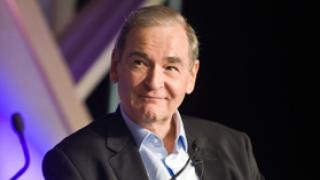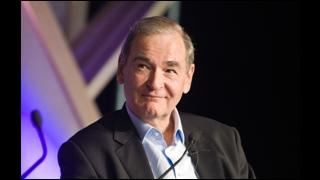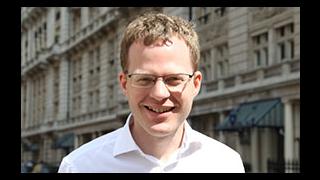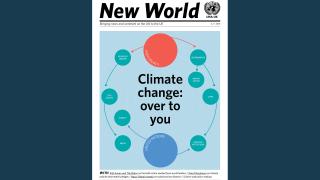
At last policy-makers are getting serious about measures to confine global warming to a 2°C rise. The build-up to the Paris conference, the evidence of melting glaciers and the deepening consensus amongst climate scientists are concentrating minds.
Yet realistic solutions are still eluding people. This is for very understandable reasons; complex problems tend to require a complex approach. Low-carbon power generation is still way more expensive than power generated by fossil fuels, whose efficiency and ready availability have underpinned the world’s enormous economic progress over the past century. Economic performance has become the primary indicator of a well-functioning state in the 21st century, now that the use of military force has lost its legitimacy in most circumstances, and expensive energy is unpopular with consumers anywhere.
Into this perception – that the best environmental prescriptions are unaffordable – comes historical resentment that the advanced industrialised states developed their economies at the cost of today’s emerging societies (something I have witnessed both in my former diplomatic career and in my current role as Chairman of an energy advisory firm).
That countries like China and India, South Korea, Nigeria and Brazil are – at different speeds – producing consumer powerhouses in their domestic economies is a geoeconomic and geopolitical development of the first order. It is changing the pattern of trade and investment from the old global system of the World Trade Organization to a much more competitive, regional and culturally diverse mix of relationships.
Their rapidly growing requirement for energy cannot be met by renewables at prices their consumers will pay. Coal is their answer unless they can be persuaded otherwise, with money talking louder than climate logic. Yet this near-sightedness overlooks coal’s huge health and social costs, mainly borne by the world’s poorest.
When politicians base decisions on the false choice between ruination by poverty and ruination by climate change, things can get tense. Paris needs a deal that states will be prepared to implement as a matter of choice, since member states are unlikely to agree soon to legally binding targets. But there is a way forward if governments work in stages, and do not focus too early on the 2050 targets.
Renewable costs are starting to come down as technologies improve, but more time is needed. The German experience, of going strongly for wind and solar power but keeping the lights on with lignite and coal, illustrates the short- to medium-term problem: both costs and carbon emissions rise. Only a country as rich and determined as Germany can afford to go this courageous but painful route.
The next 10 years have to be committed to taking as much coal out of the system as possible, and replacing it with gas. This proposition irks environmentalists – with good reason – but policy-making is the art of the possible. Neither the cleanest solution, a dash for renewables, nor the cheapest one, burning more coal, will produce the best results. Gas for coal is less than perfect, but achievable and beneficial (according to the UN Environment Programme burning coal produces 70 per cent more carbon dioxide than natural gas). Both the United States and the UK – to a chorus of complaint – are now heading in this direction and, particularly in the former, showing the effect on carbon emissions.
Because Copenhagen failed in 2009, and because the evidence of climate change is overwhelming, Paris has to succeed in making a difference. It may only achieve a small advance, but even oil and gas companies are beginning to understand the pressures. Perceptions will start to change in the next few weeks, but the route chosen must collect enough public support to be sustainable. Gas is likely to be an important stepping stone to longer-term solutions.
Sir Jeremy Greenstock is a former UK Ambassador to the UN and Chairman of UNA-UK.

















